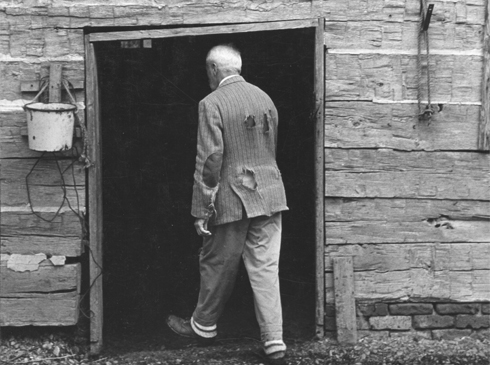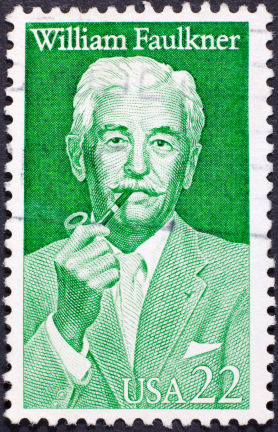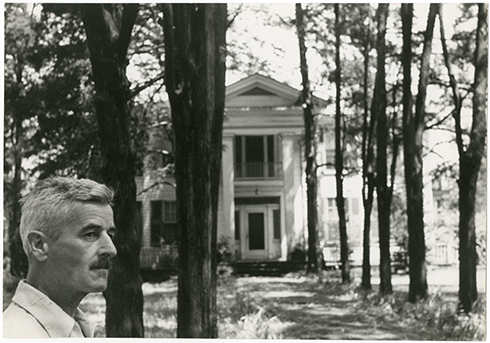This past year, the Fordham Graduate School of Arts and Sciences awarded me a research support grant to help fund my self-directed foray into the digital humanities. As a recipient of this award, I must participate in Fordham’s 2012 Annual Research Poster / Video Competition, to be held at the end of March. My abstract follows, and later I’ll post the transcript for the video I plan to make, which will be posted on YouTube.
Recently the digital humanities has been called “the Next Big Thing,” as though it is a passing academic fad. In fact it is a big thing that is here to stay. “Stay,” however, is a funny word because the digital humanities is a dynamic field, drawing researchers and students from every traditional humanities discipline, including English, history, and philosophy, who are creating digital projects even as they strive to define what it means to be a digital humanist. Often working collaboratively and across multiple disciplines, digital humanists use traditional critical methodologies alongside digital tools and publishing venues to research, collect, and analyze digitized and born-digital materials. The digital humanities is moving fast and deep, and it can seem threatening to some humanists who feel its force but haven’t joined in. As I make my way through its plentiful resources, methodologies, and ethos, I share what I learn with interested teachers, students, and researchers who want to learn more about the digital humanities and suggest constructive ways they might contribute to the field.
This video presentation gives a brief summary of the tools used by humanists working in the digital realm to conduct research (such as mining online archives and perform electronic text analysis), harvest and store information (such as using Zotero, which collects resources that can be kept private or shared), develop their ideas (such as by posting work on a blog for comment or collaborating with others working on similar projects and sharing data), and share that knowledge in a public way (such as through blogs, online Open Access journals, or more traditional publishing routes).
February 2012 update: This project has been tabled for the moment. GSAS excused me from my obligation because I had other time-consuming, more pressing commitments, including my dissertation; planning for THATCamp NY 2012; and an upcoming workshop at Fordham for graduate students on building a professional website.




You must be logged in to post a comment.